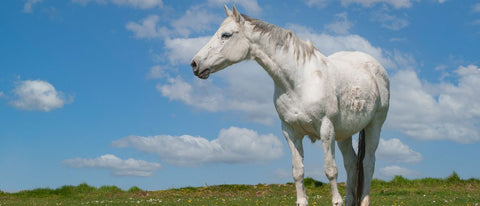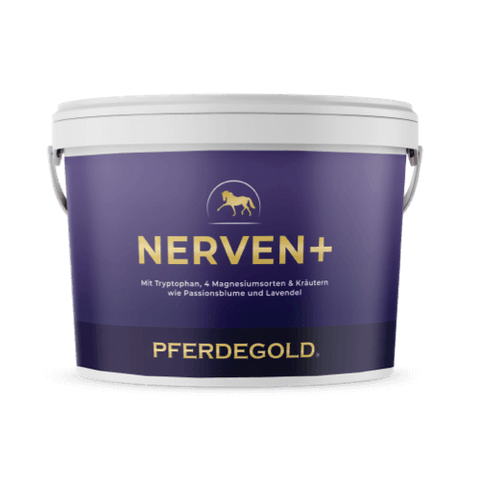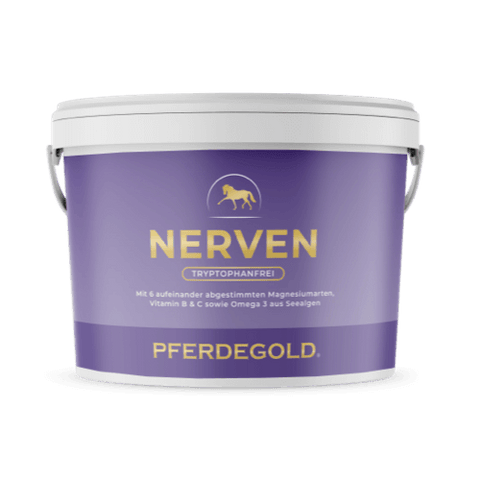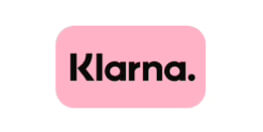
Florian ist aufgewachsen auf einem Bauernhof. Umgeben von Pferden, entdeckte er früh seine Faszination für diese majestätischen Tiere. Inspiriert von seiner reitbegeisterten Mutter, entwickelte er das Nahrungsergänzungmittel - Pferdegold. Seine tiefe Verbundenheit zur Natur und die leidenschaftliche Hingabe zu Pferden trieben ihn an, sein Unternehmen zu gründen.
Cribbing in horses: Understanding, treating & preventing
Cribbing in horses is one of the most common and persistent Behavioral disorders in equestrian sports. This stereotypical movement can lead to significant health problems and presents horse owners with major challenges.
Cribbing is more than just a bad habit – it is a complex behavior that often arises from stress, boredom, or unmet basic needs. Once this behavior is established, the Impacts often underestimated and more serious than initially suspected.
In this comprehensive counselor You will learn everything you need to know about Cribbing in horses : from the first warning signs to the causes and proven treatment approaches and effective prevention strategies .
Horse shows cribbing behavior - early detection helps with treatment
What is cribbing in horses?
Cribbing is a stereotypical behavioral disorder in which the horse repeatedly grasps solid objects with its incisors, arches its neck, and makes characteristic noises by swallowing air.
The coupling mechanism:
When cribbing, the horse places its upper incisors on an edge, flexes its neck, and jerks back while swallowing air. This process releases endorphins, which trigger a feeling of reward and reinforce the behavior.
Forms of cribbing
Depending on the severity, a distinction is made between top-heading (with contact with objects), free-heading (without solid contact) and wind swallowing (pure air intake without head movement).
Depending on the frequency, the spectrum ranges from occasional cribbing in stressful situations to regular cribbing to compulsive, continuous cribbing that lasts for hours.
Recognizing cribbing: correctly interpreting warning signals
The insidious nature of cribbing: It often develops gradually and is initially dismissed as a harmless habit. However, early detection is crucial for successful intervention.
🚨 Immediate warning signs:
- Characteristic head movements on box walls or fence slats
- Audible air swallowing with typical sounds
- Worn or damaged incisors
- Strengthened neck muscles due to repeated movements
👁️ Detect early development:
- Frequent chewing on objects
- Restlessness and stereotypical movements in the box
- Increased activity during stress or boredom
- Imitation behavior of other cribbing horses
💡 Pro tip: Cribbing is often a sign of underlying problems such as stress, poor posture, or digestive disorders. Investigating the cause is more important than simply treating the symptoms.
Behavioral observation in horses - detect stress and restlessness early
How does cribbing occur? Understanding the causes
Cribbing is caused by a complex interplay of genetic factors, housing conditions, and psychological stress. The release of endorphins during cribbing leads to an addiction-like reinforcement of the behavior.
⚡ The main causes:
Cribbing is usually caused by chronic stress such as social isolation, a lack of stimulation in the environment , irregular feeding or a lack of exercise opportunities .
Often, husbandry errors are also responsible: too little roughage, long feeding breaks or unnatural food intake continuously promote the development of stereotypies.
Particularly at risk are sensitive horses, young horses in the weaning phase, and horses with a genetic predisposition or after traumatic experiences.
What to do about crib-biting? Approaches and treatment
Holistic action is crucial! Successful management of crib biting requires treating the causes, not just the symptoms.
🛑 Immediate measures:
If cribbing occurs again, immediate action is required: First, all stress factors must be identified and eliminated if possible. Housing conditions should be reviewed and optimized. Distraction through increased activity can interrupt the behavior.
🚨 Consult a veterinarian or behavior therapist if:
Compulsive, persistent cribbing, health implications, unsuccessful self-management, or when the behavior escalates rapidly. Cribbing requires professional care.
💉 Proven therapeutic approaches:
Treatment begins with optimizing housing conditions and stress reduction. Behavioral therapy approaches such as reconditioning and occupational therapy follow. In severe cases, supportive medications or nutritional supplements may be helpful.

Meaningful horse activity - distraction helps against stereotypes
Prevention: How to protect your horse from cribbing
Prevention is the best protection! Most cases of head injury can be prevented with species-appropriate care and a low-stress environment.
📈 Design your posture intelligently:
Species-appropriate basic needs:
- Continuous roughage intake throughout the day
- Social contact with other horses
- Sufficient free movement daily
Stress-reducing measures:
- Regular, predictable daily routines
- Documentation of stressful situations
- Early intervention at the first signs
🔍 Regular monitoring:
- Daily behavioral observation
- Documentation of stressful situations
- Early intervention at the first signs
Supportive nutrition for balanced horses
A targeted diet can contribute to mental balance even in a preventative manner. By providing essential nutrients, the nervous system is strengthened from within.
🔧 Important nutrients for strong nerves:
- Magnesium: Essential for muscle relaxation and nerve function
- B vitamins: Support the nervous system and energy metabolism
- Tryptophan: Precursor of serotonin for mental balance

Natural nerve strengthening for mental balance
The optimal nutrient combination in Pferdegold Nerven
- Magnesium: Highly available for optimal muscle and nerve function
- B vitamins: Complete B complex for strong nerves
- Tryptophan (Nerven+): Serotonin precursor for mental balance
⚠️ Important note: Pferdegold Nerven is not related to the disease described in this article. It does not treat any disease and is not a substitute for veterinary diagnosis or treatment. This supplement can only be used as preventative support in healthy horses.

Pferdegold® Nerves
This specially developed supplement is the natural nourishment for a relaxed nervous system and provides natural calming benefits. Made in Germany, grain-free, and backed by a 30-day money-back guarantee.
Order nowManagement: The path to less cribbing
Patience is key! Cribbing can rarely be completely eliminated, but it can be significantly reduced with consistent management.
📅 Typical treatment duration:
Behavior modification varies greatly depending on the severity and causes . Early cribbing can be significantly reduced in as little as 2-4 weeks, while established cribbing requires 3-6 months of consistent treatment. Chronic cribbing requires ongoing management – complete cure is rare, but significant improvement is possible.
🎯 Management steps:
- Cause analysis and stress reduction (weeks 1-2)
- Optimization of housing conditions
- Introduction of alternative employment (weeks 3-4)
- Behavior redirection and positive reinforcement (weeks 5-8)
- Long-term monitoring and adaptation of measures

Successful cribbing management - patience and consistency lead to success
Frequently asked questions about Koppen
Can crib-biting be completely cured?
Complete recovery is rare because cribbing becomes habitual. However, with consistent management, the frequency can be significantly reduced.
Is crib-biting contagious?
Cribbing can be transmitted to other horses through imitation, especially in young or stress-prone animals kept in the same enclosure.
What are the health consequences of crib-biting?
Cribbing can lead to tooth damage, colic, weight loss, and chronic stress. Early intervention is important.
Conclusion: Understanding and properly managing headbutting
Cribbing is one of the most complex behavioral problems in horses, but it can be significantly improved through understanding management. It requires patience, consistency, and, above all, an understanding of the underlying causes.
The most important findings:
- Early detection and root cause analysis are crucial
- Species-appropriate housing and stress reduction provide the best protection
- Management is more important than symptom suppression
- Patience and consistency are the key to success
The key is prevention: With species-appropriate care, sufficient exercise, and targeted support through nerve-calming supplements, you can significantly reduce the risk.
Perfect for your horse: Pferdegold® supplementary feed!
These specially developed supplements support your horse's diet and provide it with natural nutrients. Made in Germany, grain-free and drug-free, they come with a 30-day money-back guarantee.
IMPORTANT:
Pferdegold is not a substitute for veterinary diagnosis or treatment. The information contained in this article is for general informational purposes only and is intended to help improve your horse's well-being.
Pferdegold Nerven is not related to the disease described in this article. It does not treat any disease and is not a substitute for veterinary diagnosis or treatment. This supplement can only be used as preventative support in healthy horses.



















